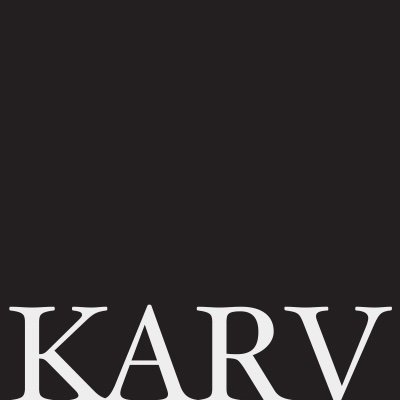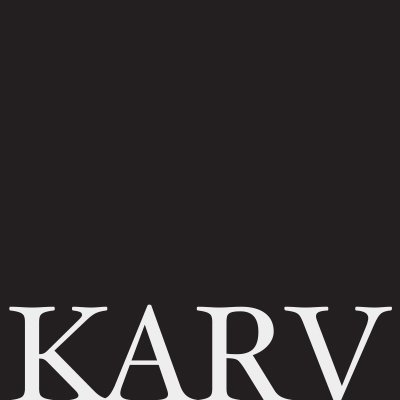A Challenging Environment for Product Recalls in 2023
In advance of the opening of the 30th Annual ICPHSO (International Consumer Product Health and Safety Organization) conference on February 20, the KARV team shares our thoughts on the current state of the consumer product regulatory arena.
In the past two years the Consumer Product Safety Commission (CPSC) has been taking a much more aggressive approach to fulfilling its mission. By issuing product recalls at record levels for everything from garage door panels to hot chocolate pots, the agency has raised the bar for companies to meet strict safety guidelines.
The CPSC’s active year has included recalls for products that present dangers to consumers outside of their explicit intended uses. Meanwhile, the agency is requiring new guidelines for communicating voluntary recalls that require companies to reach secondary markets and use their own social media accounts. And with the emergence of resale platforms like Facebook Marketplace – which surely many of us have used to snag that designer dining set for next to nothing or to unload that once “groovy” coffee table – companies and the CPSC have another set of stakeholders with which to communicate recall information and product warnings.
In 2022 alone the CPSC recalled more toys than in the previous four year combined. In our experience supporting businesses whose products were recalled in the last year, those tragic few reports of injury or death for each product were not necessarily caused by consumers abiding by the product’s intended use. For example, a baby swing was recalled, not because the nature of the swing was found to be dangerous, but because a strap dangling from its underside when the swing was unoccupied presented a potential hazard to children who ventured underneath the swing. These niche recall issues require particular and nuanced communications to help consumers clearly understand the potential dangers at hand and the remedies available to them, while in some cases, the recommendation needs to reinforce how to continue to use the products safely.
Separately, in a six-month period last year the CPSC issued seven unilateral press releases to announce urgent product recalls under terms in which the CPSC and the company involved were not in agreement. That elevated activity marks a significant departure, as the CPSC only issued two such releases in the eight years ending in 2019.
Additionally, CPSC Commissioners are taking to their own communications platforms, frequently releasing their own statements on product recalls, utilizing social media channels like Twitter, and sparking national debate on potential recall issues (if you missed it, Commissioner Richard Trumka caused a national uproar when he asserted the CPSC could ban gas stoves). With commissioners speaking out, unprecedented levels of recalls and unilateral press releases, and a compounding checklist for companies facing recalls, the CPSC seems to be going full-boar when any report of danger with a product is reported.
So, what does this mean for companies which manufacture consumer products?
Of course, companies must maintain rigorous testing of new and existing to products to ensure that they meet regulatory standards. But what if the issue that sparks a recall emanates from extraordinary circumstances that seem like a fluke? Or an issue that arises from an unintended use or consequence of the product? We do not expect companies are able to anticipate these problems, but we do encourage companies to be prepared if they occur, and a recall is initiated.
Companies should have a plan for internal and external communications ready to be implemented as swiftly as possible and have a relationship with regulatory counsel to represent the company’s position with the agency as an issue unfolds. Many forms of communication must be utilized when a recall is announced – from notices to employees to consumer letters, retailer outreach, and social media posts – to offer instructions to the public on how to best ensure the continued safe of their product.
These actions will best prepare a company to mitigate reputational damage to the brand when the recall or other regulatory initiative is announced to the public. And in this regulatory climate, the chance that the CPSC might come knocking is at an all-time high. The experienced team at KARV Communications stands ready in this challenging environment to help a company plan for, and or implement a recall or other regulatory initiative. We encourage you to contact us for end-to-end recall communications counsel and support that can effectively deliver your company’s messages in a high stakes recall situation.

